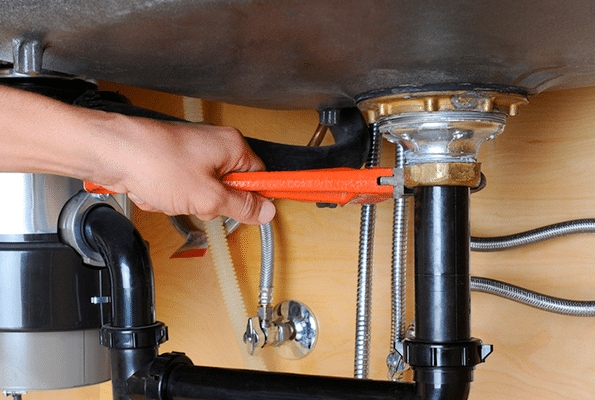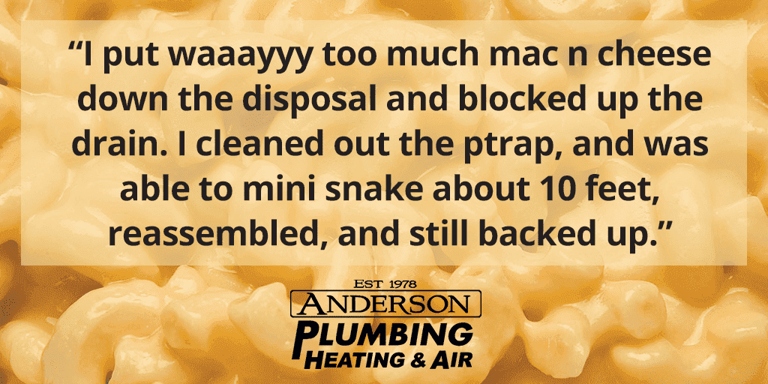If you’re planning a kitchen remodel, you’re probably wondering about the best way to power your garbage disposal. Should it have its own dedicated circuit? The answer may surprise you.
You Want to Get Things Right for Safety Purposes
If you’re like most people, you want to make sure your home is as safe as possible. That’s why it’s important to know whether or not a garbage disposal needs its own dedicated circuit.
Each appliance or device in your home should have its own dedicated circuit. That means that the circuit is not shared with any other appliances or devices. A dedicated circuit is a circuit that is used by only one appliance.
The answer is maybe. It depends on the model of garbage disposal and the amperage it requires. So, does a garbage disposal need its own dedicated circuit?

However, if you have a higher-powered garbage disposal that requires a 20-amp circuit, then you will need to have a dedicated circuit for the disposal. If you have a standard garbage disposal that requires a 15-amp circuit, then you can likely share the circuit with other appliances.
It’s always best to err on the side of caution when it comes to electrical safety. If you’re not sure whether or not your garbage disposal needs its own dedicated circuit, it’s best to consult an electrician.
How Many Amps Does a Garbage Disposal Use?
A garbage disposal is a device, usually electrically powered, installed under a kitchen sink between the sink’s drain and the trap. Most garbage disposals are connected to the home’s main electrical supply and can draw as much as 15 amps, or 1800 watts. The disposal grinds food waste into particles that are small enough to wash down the drain.
Advice for Using a Garbage Disposal
But even if you’re familiar with using a garbage disposal, there are still a few things you can do to make sure you’re using it correctly and getting the most out of it. Here are a few tips for using a garbage disposal: If you’re lucky enough to have a garbage disposal in your home, you probably already know how convenient they can be.
Don’t Put Large Food Chunks Into the Garbage Disposal
One thing you should never put down the drain is large food chunks. If you have a garbage disposal in your home, it’s important to be aware of what you can and cannot put down the drain. These can clog up the disposal and cause it to malfunction. If you have large food chunks, either throw them in the trash or chop them up into smaller pieces before putting them in the disposal.
Only Put Food and Water in the Garbage Disposal
If you do put food and water down the drain, be sure to run the disposal regularly to prevent clogs. If you have a garbage disposal, it’s important to only put food and water down the drain. This is because the garbage disposal can become clogged with food and other materials, which can lead to problems with the disposal and your plumbing.
Run Water While Using the Disposal
This will help keep the disposal working properly and prevent clogs. If you have a garbage disposal, you should run water while using it.
Certain Types of Food Probably Shouldn’t Go in the Disposal
There are certain types of food that you should avoid putting down your garbage disposal. These include:

These can wrap around the blades and cause them to jam. -Fibrous foods: celery, corn husks, artichokes, asparagus, etc.
These can turn into a sticky paste that can clog your disposal. -Starchy foods: potato peels, rice, pasta, etc.
These can coat the blades and cause them to slip. -Greasy foods: bacon grease, oils, butter, etc.
-Hard foods: bones, fruit pits, etc. These can damage the blades or even break the disposal.
-Expandable foods: coffee grounds, eggshells, etc. These can absorb water and expand, causing them to clog your disposal.
Frequently Asked Questions
1. What is a garbage disposal?
2. Do I need a garbage disposal?
3. How do I know if I need a dedicated circuit for my garbage disposal?
4. Can I install a garbage disposal myself?
5. How do I properly care for my garbage disposal?
1. A garbage disposal is a device, usually electrically powered, installed under a kitchen sink between the sink’s drain and the trap.
2. You may need a garbage disposal if you have a dishwasher and your sink doesn’t have a disposal stopper.
3. You will need a dedicated circuit for your garbage disposal if the amperage draw of the disposal is greater than that of the dishwasher.
4. You can install a garbage disposal yourself if you are comfortable working with tools and have some basic plumbing knowledge.
5. To properly care for your garbage disposal, you should run it regularly and avoid putting hard-to-grind items, such as bones or fruit pits, down the disposal.
Final thoughts
A garbage disposal needs its own dedicated circuit if it is going to operate properly. This is because the disposal needs a lot of power to run, and it needs to be able to start and stop on its own. If you have a garbage disposal that is not on its own dedicated circuit, it is likely that it will not work properly.
